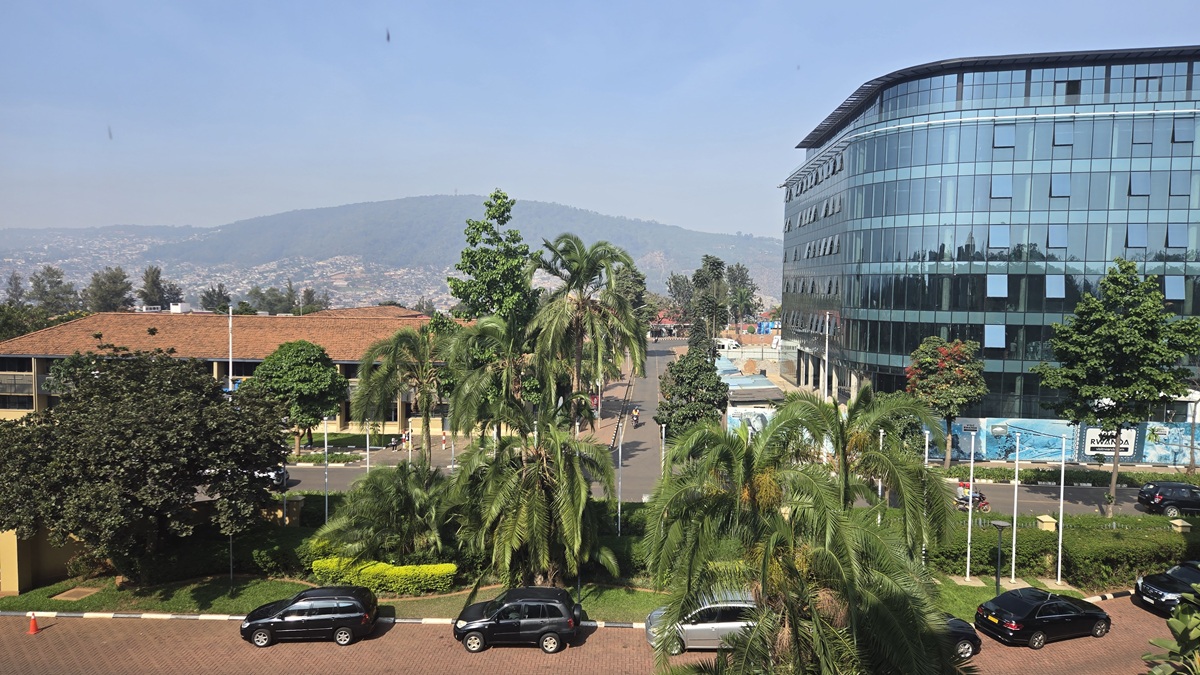US-Africa Frontiers of Science Symposium
I want to break my long silence here to report on a science and technology workshop I’m attending in Kigali, Rwanda. I’m at the Third US-Africa Frontiers of Science, Engineering, and Medicine Symposium, jointly organized and coordinated by the Government of Rwanda and the US National Academies of Science (etc.). The symposium is meant to be a knowledge-sharing and networking event covering everything from smart and connected cities to decarbonization – mine is, of course, in the former. It is still the first day, but I have already met policymakers and researchers from across Africa and North America.

Why am I here? As its name implies, the symposium does focus on drawing stronger professional and scientific networks between the US and Africa (as a whole), and my research to date has little to do with Africa per se. Still, I hope my attendance will be mutually beneficial for myself and the others in the room. For one, in an event weighted more toward the “hard” sciences and engineering, I feel it’s always good to bring in the perspective of a critical social scientist. And, as many cities across Africa continue to pursue “smartness”, I hope to bring some caution into the way smart cities continue to unfold in various countries on the continent. From my side, I hope to build stronger networks with policy-minded researchers across the globe, especially as I begin to orient my career trajectory more toward policy work. I can imagine quite a few professional roles that would benefit from connections on the continent. As a geographer, I am also deeply curious about how science has been uniquely developing in various contexts in Africa, as well.

I’ve only been in Kigali for about 12 hours as I write this, so I should reserve judgements about “how it is”. But I will note that the country has a reputation for being among the cleanest and safest countries on the continent, and in some ways sets a good example for European and North American countries: for example, plastic bags are illegal in the country, and the last Saturday of every month is Umuganda day – when for 3 hours everything shuts down and the entire country gets out to clean up and remove garbage. Last night as I walked the 1.5 miles to my hotel from the bus terminal, I walked through markets, parks, and commercial districts and never once felt unsafe. I was brought to Kigali by a 10-hour bus ride from Kampala, Uganda, which was its own version of lovely but rather different than Kigali!
In their opening remarks, the conference organizers described our participation in the symposium as a “career distinction”. I hope it will be as fruitful as this portends!

